When it comes to managing high blood pressure, most people think of cutting out salt, exercising more, or taking medication. But what if the secret to better heart health was already sitting quietly on your spice rack? It turns out that many of the everyday herbs and spices we use to flavor our food come with serious health benefits—especially when it comes to naturally lowering blood pressure.
Hypertension, or high blood pressure, affects nearly half of all adults in the United States and is a major risk factor for heart disease and stroke. While lifestyle changes like a balanced diet and regular physical activity are key to managing it, the foods we choose to season our meals with can also make a surprising impact. From cinnamon and turmeric to garlic and oregano, certain spices have been shown in studies to relax blood vessels, reduce inflammation, improve circulation, and even act as natural diuretics—all of which help bring blood pressure back into a healthy range.
The best part? You don’t need to hunt down rare or exotic ingredients. These 17 powerful spices are probably already in your kitchen, ready to add flavor and function to your next meal. Whether you sprinkle them on roasted veggies, stir them into soups, or blend them into smoothies, they’re simple to incorporate and offer a flavorful way to support your cardiovascular health.
So before you reach for another salt shaker or pill bottle, take a closer look at your pantry. These unassuming flavor boosters might be the heart-friendly heroes your diet’s been missing. Let’s explore the 17 everyday spices that don’t just spice up your cooking—they may just help lower your blood pressure naturally, too.
1. Cinnamon
That fragrant brown powder sprinkled on your morning oatmeal might be doing more than adding flavor. Cinnamon contains compounds that help relax blood vessel walls, improving blood flow throughout your body.
Studies show regular cinnamon consumption may reduce both systolic and diastolic blood pressure. The warming spice supports better circulation and contains antioxidants that protect your cardiovascular system.
Try adding a quarter teaspoon to coffee, smoothies, or yogurt daily. Even this small amount provides benefits without overwhelming other flavors in your food.
2. Turmeric
The vibrant yellow powder that stains everything it touches contains curcumin, a powerful anti-inflammatory compound. Curcumin works by improving the function of your blood vessel linings, allowing them to relax and reducing pressure.
Ancient healers weren’t wrong about turmeric’s medicinal properties! Modern research confirms it helps reduce inflammation markers linked to hypertension and heart disease.
For best absorption, pair turmeric with black pepper and a healthy fat like olive oil. A golden milk latte before bed delivers these benefits in a delicious, calming drink.
3. Garlic
Grandma was right about garlic’s healing powers! This kitchen staple contains allicin, which boosts nitric oxide production in your body. More nitric oxide means wider blood vessels and lower pressure.
Research shows eating just one or two crushed garlic cloves daily can reduce blood pressure almost as effectively as some medications. The key is crushing or chopping garlic and letting it sit for 10 minutes before cooking to activate its beneficial compounds.
Raw garlic provides the strongest benefits, but roasted garlic still offers heart-healthy advantages with a milder, sweeter flavor.
4. Ginger
The knobby root sitting in your produce drawer packs a powerful punch against high blood pressure. Ginger acts as a natural calcium channel blocker – similar to certain blood pressure medications – helping blood vessels relax.
Its zingy flavor comes with anti-inflammatory properties that reduce damage to your arteries. Fresh ginger tea makes a perfect afternoon pick-me-up that supports heart health without caffeine.
For maximum benefits, grate fresh ginger into stir-fries, smoothies, or steep it as tea. Even small amounts provide protective effects when consumed regularly.
5. Black Pepper
Sitting on practically every dinner table worldwide, black pepper contains piperine – a compound that improves circulation and helps your body absorb other nutrients better. Who knew this common seasoning could help manage blood pressure?
Black pepper enhances nitric oxide production in your body, which helps blood vessels dilate. It also improves the absorption of turmeric by up to 2,000%, making these spices perfect partners.
Freshly ground pepper provides the most benefits, as pre-ground pepper loses potency over time. A few twists of your pepper mill adds both flavor and heart protection to any meal.
6. Cayenne Pepper
Feel that heat on your tongue? Capsaicin, the compound that gives cayenne its kick, also improves blood flow by relaxing blood vessel walls. This bright red powder stimulates circulation throughout your entire body.
Cayenne pepper helps strengthen blood vessel walls and improves their elasticity. Regular consumption may reduce your need for blood pressure medication, though always consult your doctor before making changes.
Start with tiny amounts if you’re sensitive to spice – even a pinch in soups or sprinkled on avocado toast delivers benefits. Your taste buds will gradually adjust to higher amounts.
7. Cardamom
These fragrant green pods might seem exotic, but cardamom’s blood pressure benefits are well-documented in traditional medicine systems. Its pleasant aroma comes with diuretic properties that help flush excess sodium and water from your body.
Cardamom contains antioxidants that protect your heart and blood vessels from oxidative damage. Studies show it may significantly lower both systolic and diastolic readings in people with elevated blood pressure.
Add whole pods to rice while cooking or use ground cardamom in baked goods. The sweet, complex flavor pairs beautifully with coffee – try adding a pinch to your morning brew!
8. Basil
The leafy green herb growing on your windowsill contains eugenol, a natural compound that relaxes blood vessels and lowers blood pressure. Both sweet basil and holy basil (tulsi) varieties offer these benefits.
Fresh basil leaves contain magnesium, which helps regulate blood pressure and supports healthy muscle function in your heart. Crushing or tearing the leaves releases more of these beneficial compounds.
Make homemade pesto with plenty of fresh basil, or steep the leaves in hot water for a calming tea. Growing your own ensures you’ll always have this blood pressure-friendly herb on hand.
9. Fennel
The feathery-topped bulb with a mild licorice flavor acts as a gentle diuretic, helping your body release excess sodium and water. This natural process takes strain off your blood vessels and heart.
Fennel seeds contain potassium, a mineral that helps counteract sodium’s blood pressure-raising effects. Chewing a small spoonful of seeds after meals is an old tradition that science now supports for heart health.
Slice fresh fennel bulb into salads for a crunchy, anise-flavored treat, or brew the seeds into a soothing tea. Both forms provide blood pressure benefits with regular consumption.
10. Coriander
Known as cilantro in leaf form, coriander seeds offer impressive heart benefits. These tiny round seeds contain compounds that relax blood vessels and lower cholesterol levels simultaneously.
Studies suggest coriander acts similarly to calcium channel blockers, medications commonly prescribed for high blood pressure. The seeds’ gentle diuretic effect also helps reduce water retention that can contribute to hypertension.
Toast coriander seeds briefly before grinding to enhance their citrusy flavor. Add to curries, soups, or homemade bread for an aromatic boost that supports your cardiovascular system.
11. Rosemary
The pine-scented herb growing in many gardens contains rosmarinic acid, a powerful antioxidant that supports blood vessel function. Rosemary’s compounds help dilate blood vessels and improve circulation throughout your body.
Ancient Mediterranean cultures used rosemary for memory and heart health – modern science confirms these traditional uses. The herb’s anti-inflammatory properties help protect blood vessels from damage that can lead to stiffening and pressure increases.
Add fresh rosemary sprigs to roasted vegetables, or infuse olive oil with this fragrant herb. Even the aroma may help reduce stress levels, indirectly supporting healthier blood pressure.
12. Cloves
Those small, nail-shaped spice buds hiding in your baking cabinet pack a powerful health punch! Cloves contain one of the highest concentrations of eugenol, a natural compound that improves blood flow and reduces inflammation.
Beyond their distinctive warm flavor, cloves help prevent the oxidation of cholesterol, protecting your arteries from plaque buildup. Their antioxidant content ranks among the highest of all spices, offering protection against cellular damage.
Add whole cloves to simmering soups or stews (just remember to remove before serving), or use ground cloves in baked goods for both flavor and heart benefits.
13. Nutmeg
The hard, wrinkled seed that you grate onto holiday eggnog contains myristicin, a compound that may help control hypertension. Nutmeg’s warming properties improve circulation while supporting overall heart health.
Used in tiny amounts, nutmeg offers cardiovascular benefits without side effects. The spice helps relax blood vessels and reduces inflammation markers associated with high blood pressure.
Remember that nutmeg is potent – just a pinch or two is enough in most recipes. Try adding a small amount to oatmeal, sweet potatoes, or spinach dishes for a subtle warmth that supports your heart.
14. Oregano
The pizza topping herb actually works similarly to prescription ACE inhibitors, helping blood vessels relax and expand. Oregano contains carvacrol and thymol, plant compounds that naturally lower blood pressure.
Fresh or dried, oregano delivers polyphenols that fight inflammation and oxidative stress – two factors that contribute to hypertension. Just one teaspoon of dried oregano contains more antioxidants than a cup of blueberries!
Sprinkle liberally on tomato-based dishes, roasted vegetables, or bean salads. Growing fresh oregano provides the highest concentration of beneficial compounds – plus it’s nearly impossible to kill, making it perfect for beginner gardeners.
15. Parsley
Often relegated to plate decoration, parsley deserves recognition as a blood pressure superhero. This bright green herb is packed with nitrates that convert to nitric oxide in your body, helping blood vessels dilate.
Parsley’s high vitamin K content supports proper blood clotting while its potassium helps balance sodium levels. The herb’s natural diuretic properties gently reduce water retention without depleting essential minerals.
Chop fresh parsley into salads, blend into smoothies, or make tabbouleh where it stars as a main ingredient. Both curly and flat-leaf varieties offer similar benefits – choose based on flavor preference.
16. Celery Seeds
Don’t overlook these tiny brown seeds from the celery plant! They contain 3-n-butylphthalide, a compound that helps relax the muscles in and around arterial walls, allowing better blood flow.
Celery seeds act as both a natural diuretic and calcium channel blocker, addressing two mechanisms that contribute to high blood pressure. Traditional healers have used them for centuries to treat hypertension and gout.
Add whole seeds to soups, stews, and pickling brines, or grind them to make celery salt. Their intense flavor means a little goes a long way – just a quarter teaspoon provides beneficial effects.
17. Thyme
The delicate herb with tiny leaves contains rosmarinic acid, which naturally inhibits ACE (angiotensin-converting enzyme) – the same target as many prescription blood pressure medications. Thyme helps prevent the narrowing of blood vessels that leads to increased pressure.
Both fresh and dried thyme offer cardiovascular benefits through their anti-inflammatory and antioxidant properties. The herb’s compounds help protect blood vessel linings from damage while supporting overall heart function.
Add thyme sprigs to roasting meats, soups, or vegetable dishes. For a simple blood pressure-friendly tea, steep fresh thyme in hot water for 5-10 minutes, then strain and enjoy.
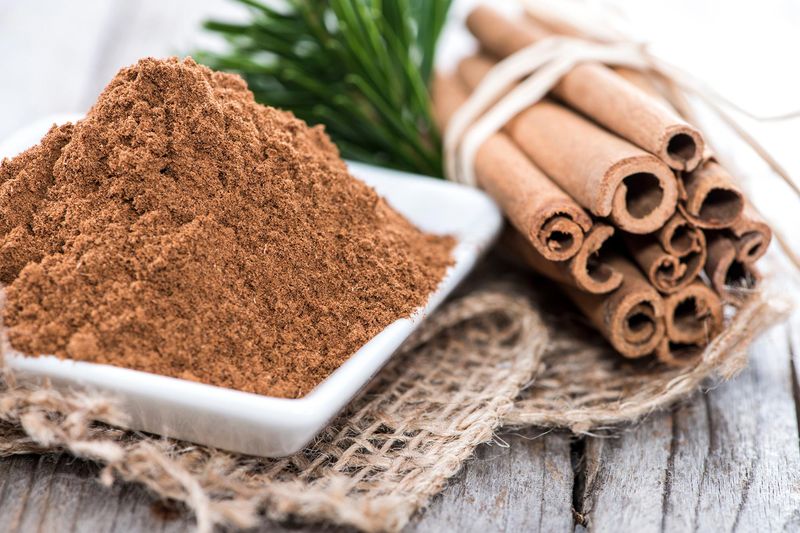

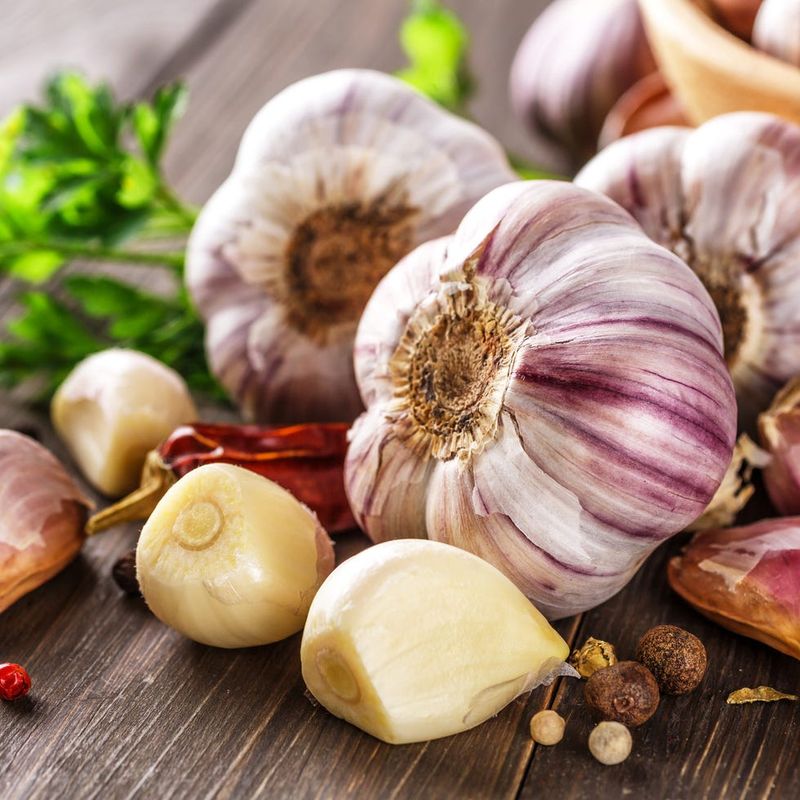
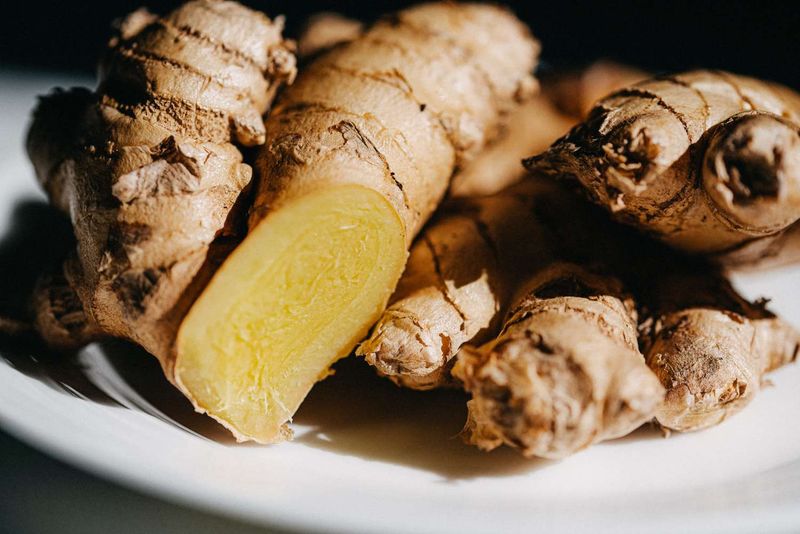

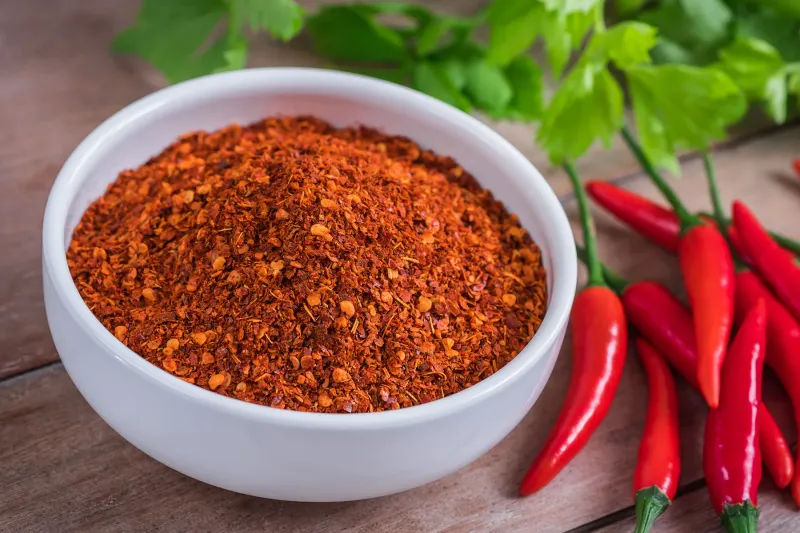
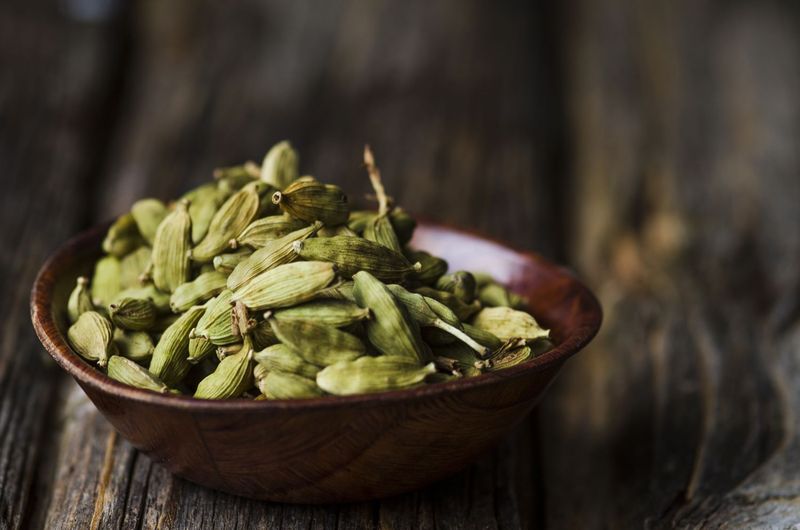
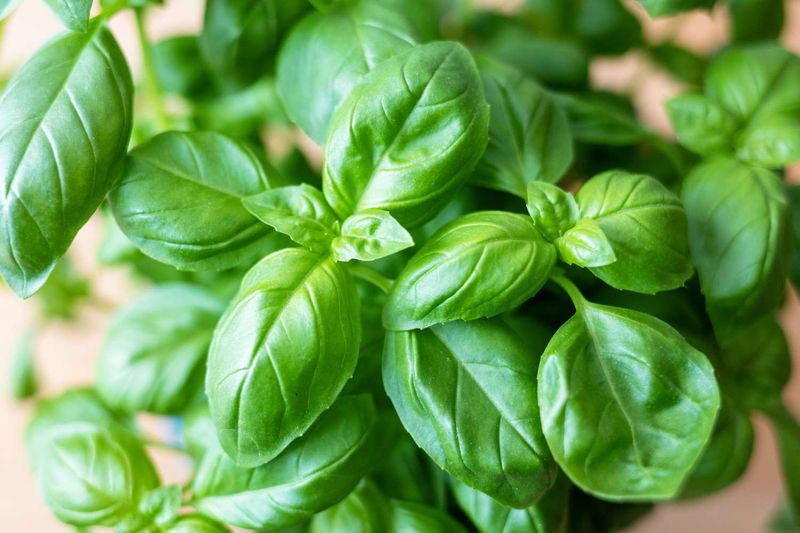


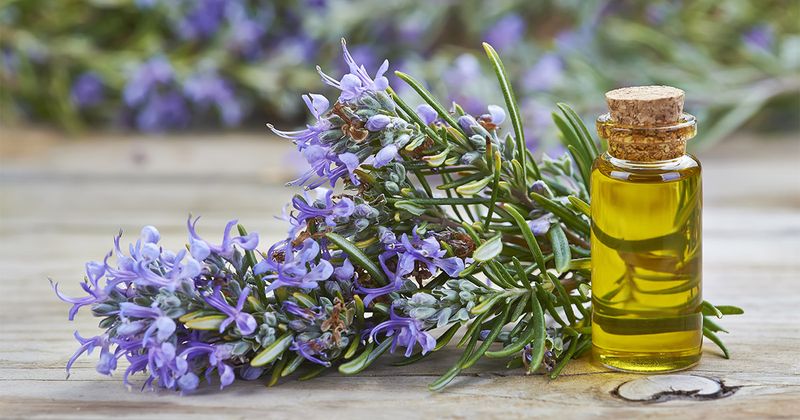
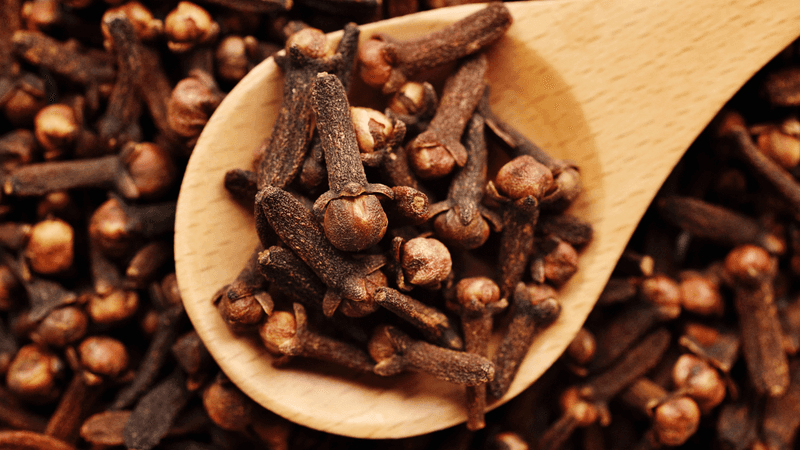
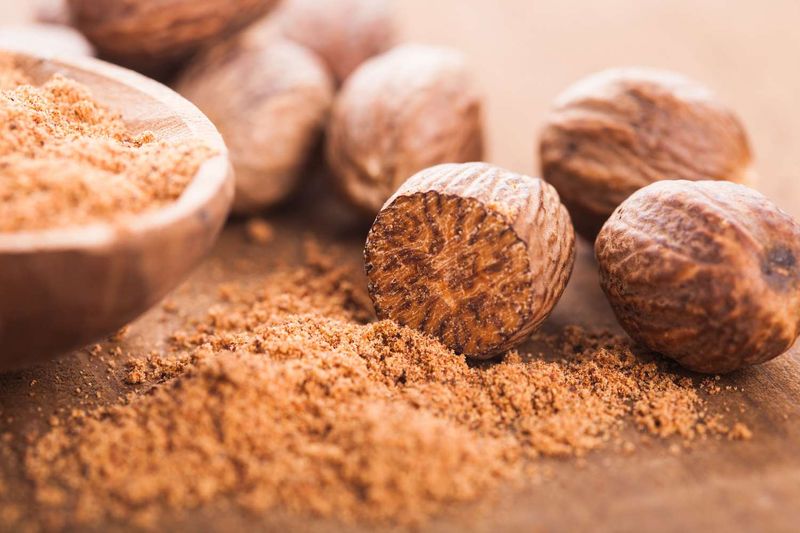



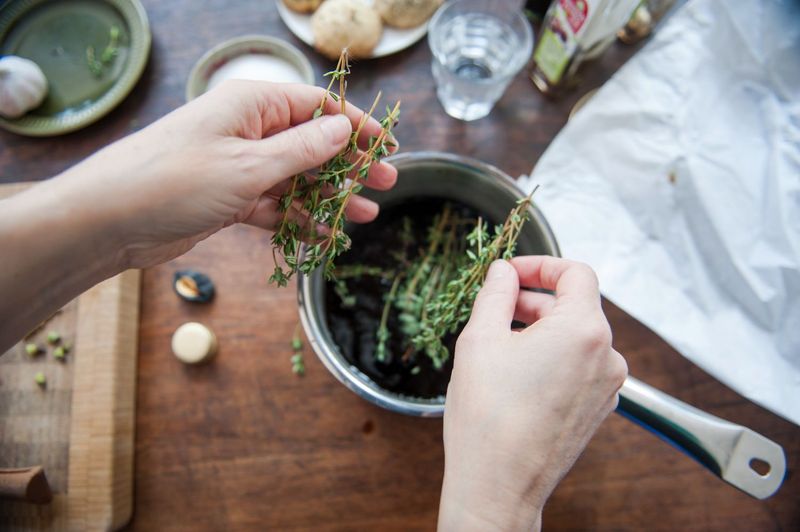
Leave a comment